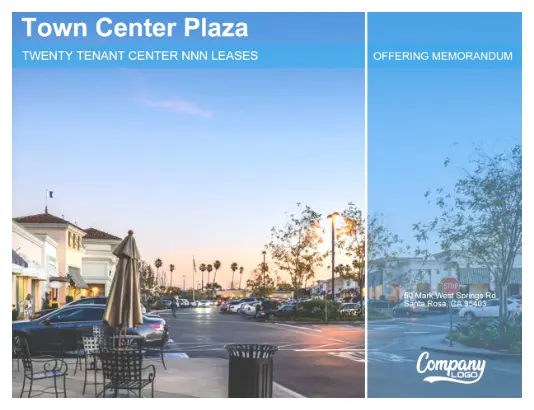In the arena of real estate ownership, it is vital to understand the differences between Fee Simple and Leasehold. This is particularly true in a leasehold state such as Hawaii and a few other U.S. states. Both types of real estate ownership significantly affect the nature and valuation of real estate investments.
FEE SIMPLE
Fee simple, also referred to as fee simple absolute, gives the purchaser the most comprehensive type of ownership. On an indefinite basis, the holder of the title retains full rights to the property and its improvements, with the exception of a few special cases. With fee simple, the owner has complete control to lease, sell, or pass the property on as they so desire.
LEASEHOLD
Leasehold is an agreement between two parties – the Lessor (the fee simple owner) and the Lessee (the individual or entity leasing the property). In this arrangement, the Lessee pays the Lessor compensation in exchange for the right to utilize the property for a predetermined period of time. Unlike the fee simple arrangement, a leasehold agreement does not give the Lessee the right to own the property. Also, the Lessee must adhere to the terms provided in the lease agreement. Once the lease term ends, ownership of the property reverts back to the Lessor.
It is important to become familiar with the following leasehold terms in order to have a thorough understanding of leasehold agreements and their implications:
Lease Term: The timeframe in which the lease agreement remains in force, typically 55 years or longer.
Lease Rent: The monetary compensation paid to the Lessor in exchange for the privilege of using the specified property during the period of the lease.
Fixed Period: The period within the lease term during which there is no change to the rent payment amount.
Expiration Date: The specific date indicating the end of the lease agreement.
Renegotiation Date: The specified date after the fixed period in which the lease payment terms are reassessed for possible adjustment.
Reversion: The process of returning the possession and control of the property to the Lessor.
Surrender: The specific conditions and requirements related to the process of property reversion to the Lessor.
Leased Fee Interest: The sum agreed to by the Lessor as suitable compensation for handing over complete fee simple ownership rights.
Contact Us to Boost Your Real Estate Marketing Success
For more information about these types of real estate ownership arrangements and how they may affect your real estate marketing efforts, schedule a complimentary demo or send us a message.




